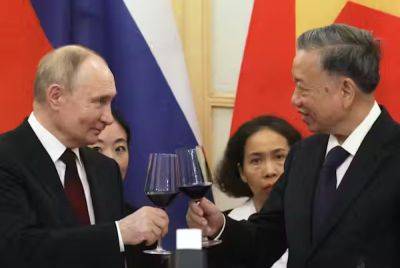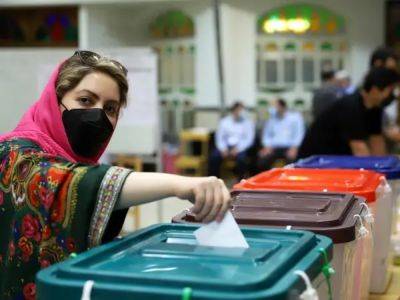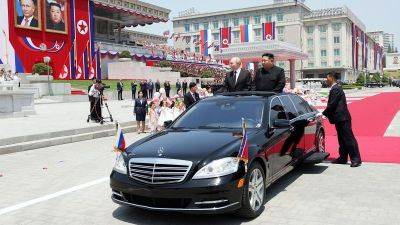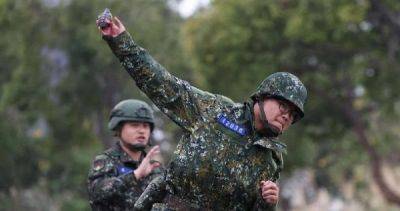China’s war games near Taiwan threaten peace
Taiwan recently saw yet another peaceful transition of power with the inauguration of President Lai Ching-Te, who was elected to office in January.
In his inaugural speech, Lai called on neighbouring China to cease its acts of intimidation and to “choose dialogue over confrontation.”
China responded by launching a simulated blockade of Taiwan. The People’s Liberation Army released images boasting its ability to rain missiles on one of the most densely populated countries in the world as “strong punishment.”
Democracy under threat
Beijing’s standard reaction to the democratic voting rights of 24 million people is to threaten to “break skulls and let blood flow.” For China, Taiwan as a renegade province that must “return to the embrace of the motherland” despite the fact China does not have any authority over Taiwan.
In recent years, China has been trying to use its diplomatic clout and influence at the United Nations to rewrite history and legitimize its claim of sovereignty over Taiwan.
While Taiwan ranks highly on the Human Freedom Index (just one spot ahead of Canada), China is a techno-authoritarian state that has regressed even further under the reign of Xi Jinping.
Millions of Uyghur Muslims remain in re-education and forced labour camps, while Tibetans are forced to “Sinicize” and lose their cultural and religious heritage.
Reaching beyond borders
Political dissidents, journalists and foreign nationals are not immune from intimidation or imprisonment.
In what has been termed transnational oppression, aided through Chinese so-called police stations operating with impunity overseas, the Chinese government targets and threatens Chinese nationals and critics of China wherever they are.
Many governments, including







